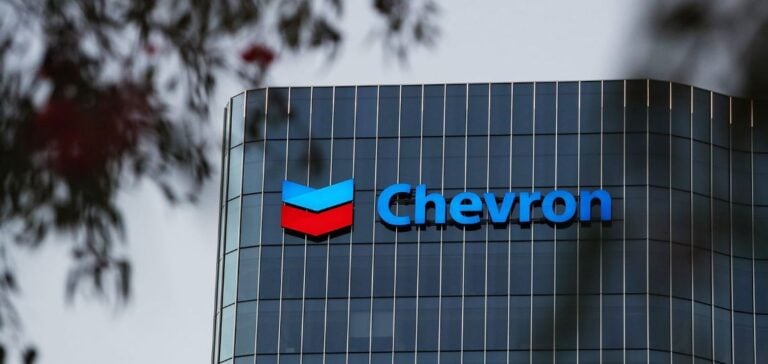Chevron, in collaboration with Shell Australia and Mobil Australia Resources, has received the G-20-AP greenhouse gas assessment permit. This permit, located in the Northern Carnarvon Basin, covers an area of 2,222 km² with water depths ranging from 25 to 125 meters, near Barrow Island.
Feasibility study and strategic issues
The objective of this project is to assess the technical and commercial feasibility of geological carbon dioxide (CO₂) storage in the region. Carbon capture and storage (CCS) is identified as a crucial solution for reducing emissions linked to industrial activities and aligning with long-term climate goals.
The Northern Carnarvon Basin is considered a geologically favorable site for the storage of large volumes of CO₂. Australian authorities support these initiatives as part of an energy policy aimed at reducing carbon intensity while maintaining Australia’s global energy market role.
Progress and regional CCS challenges
Across the Asia-Pacific region, carbon capture and storage capacities under construction currently total 5 million tonnes per year. This figure could reach 23 million tonnes per year by 2035, according to data from S&P Global Commodity Insights.
However, the development of these capacities faces regulatory obstacles. A recent study by the Asia Natural Gas & Energy Association (ANGEA), conducted with the Boston Consulting Group, highlights the lack of a harmonized regulatory framework. This gap complicates the implementation of cross-border CCS projects and limits expansion opportunities for energy companies.
A project at the crossroads of climate and industrial policies
To address these challenges, ANGEA recommends increased cooperation between governments and companies. The main focus areas include the management of rights related to emissions reductions, data transparency on CO₂ storage, and the establishment of mechanisms to prevent leakages.
The G-20-AP project will serve as a test case to apply these recommendations and determine the economic and regulatory viability of large-scale CCS. Such initiatives could also accelerate the integration of decarbonization technologies in other strategic regions.






















